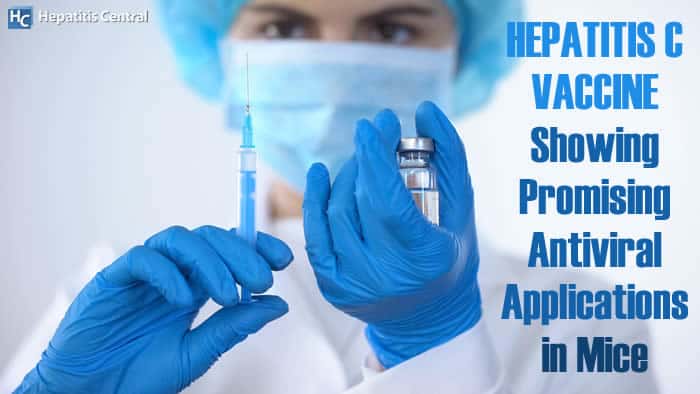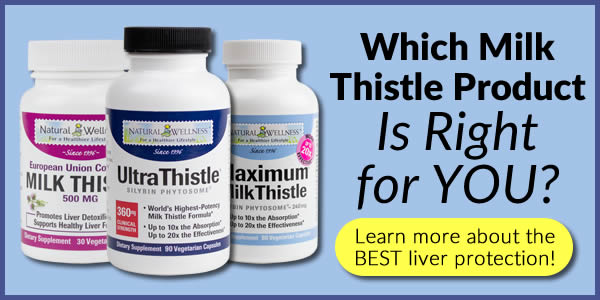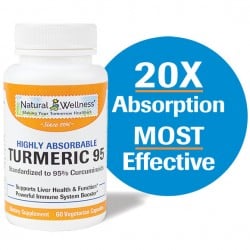Hepatitis C Vaccine Showing Promising Antiviral Applications in Mice


Many would call the prevalence of hepatitis C virus (HCV) a worldwide epidemic (1). The verbiage may sound a bit hyperbolic however, according to the World Health Organization (WHO), HCV affects an estimated 71 million individuals.
While vaccines exist for hepatitis virus A, B, and D, there is no licensed vaccine for hepatitis C.
Research is ongoing but, because the virus mutates so rapidly, developing a vaccine has proven difficult.
Ideally, a vaccine would alleviate the mental and financial strain of HCV. Even if you can afford some of the costly hepatitis treatments on the market such as Olysio or Sovaldi, and they help, in a small percentage of cases HCV can reoccur.
A viable vaccine would be very welcomed in the face of lengthy and expensive treatment regiments that burden not only the individual, but also the healthcare system as a whole.
The New HCV Vaccine Research
If you consider the estimated 71 million as the demand for an HCV vaccine, it’s not surprising that recently a team of researchers out of Stockholm, Madrid, and Spain may be on the brink of developing a viable HCV vaccine. They discovered a way to produce an HCV antigen response in mice.
Currently, HCV patients get antiviral meds. For the lucky ones, newer medicines can eradicate the virus, but HCV clearly remains a problem on a global scale.
What’s exciting about this study is that for the first time, researchers felt encouraged and able to articulate how a novel vaccine could work. They described that, in addition to T cell immune responses and humoral immune responses, these treatments are “vaccines against HCV based on alphavirus DNA replicons expressing HCV antigens.”
The team goes on to describe in detail how “a combined heterologous prime/boost immunization protocol consisting of the administration of alphavirus replicon DNA vectors as the priming immunization followed by a boost with a recombinant modified vaccinia virus Ankara vector expressing HCV antigens.”
That was a mouthful.
Basically, researchers are exposing alphavirus replicon DNA vectors to mice in order to induce an HCV antigen response. That’s a good thing. And it could be one of the initial steps towards human trials.
In an article published in Gastroenerology experts from John’s Hopkins and Oxford go on record in agreement that “an HCV vaccine would prevent transmission, regardless of risk factors, and significantly reduce the global burden of HCV-associated disease.”
But they advocate for an HCV prophylactic vaccine to truly take control of the global HCV issue (3). They remind us of this because, according to the WHO, some of the leading causes of hepatitis C include:
- injecting drug use through the sharing of injection equipment;
- the reuse or inadequate sterilization of medical equipment, especially syringes and needles in healthcare settings; and
- the transfusion of unscreened blood and blood products.
Realistically…
As promising, exciting, and sometimes difficult to digest as all this research is, the vaccine described above is miles away from being publicly available and faces a long road towards approval, availability, and affordability. The timeline for any medication to conduct lab models, then the necessary human trials, necessary approvals, and the ultimate public launch could be years if not decades away.
There are multiple reasons why an HCV vaccine has been difficult to develop (4). To start, HCV has at least six genetically unique genotypes with multiple subtypes. Roughly 50 subtypes have been identified thus far (4). It’s a tricky virus.
In The Meantime
There are many steps you can take towards HCV prevention. Some of the basics include avoiding alcohol, sugar, and any other toxins that may be difficult for your liver to break down or promote cirrhosis.
Diet and Exercise – We say it every time, but we honestly can’t stress it enough. A diet rich in leafy greens, fruits, and vegetables is KEY in order to get the vitamins and minerals necessary for healthy liver function.
And even light exercise, like a 30-minute walk, can help ward off a host of diseases by getting your heart rate up and helping your blood circulate.
Liver Support Supplements
Whether you’re past the prevention stage or not, supplements can offer an almost effortless way to help bolster your liver function and protect it against scarring and cirrhosis. Consider using supplements to help support your liver until a viable vaccine is available. Supplements are an inexpensive and almost effortless thing to add to your routine to help strengthen your liver.
Milk Thistle
Milk thistle is a unique plant in that it helps your liver break down alcohol and other pollutants.
It also helps:
• reduce free radicals,
• oxidative stress,
• and promotes the regeneration of liver cells.
Again, a milk thistle supplement is an easy and cost-effective way to contribute to overall liver health.
Turmeric
It’s not only the secret ingredient in all of your favorite Indian dishes, turmeric is also a healthy and natural antioxidant. Turmeric helps heal the liver and reduces inflammation throughout your entire body.
However, the amount of turmeric you absorb through eating food is very small compared to ingesting turmeric in supplement form. Taking a supplement will multiply your absorption and thus the health benefits turmeric has to offer.
And, remember – be safe. Consult your physician before attempting any drastic change to your diet or routine. If have any other health issues talk to your doctor about how any changes may interact with your routine or other medications. It could be as simple as a phone call.
Conclusion
For generations of the near future, a licensed HCV vaccine will be a reality; but, until then, take care of yourself and your liver by consuming a healthy diet, getting adequate exercise, and supplementing with milk thistle and/or turmeric.
1. https://www.who.int/news-room/fact-sheets/detail/hepatitis-c, The World Health Organization, “Hepatitis C,” Published July 18, 2018, Retrieved April 5, 2018
2. https://jvi.asm.org/content/93/7/e00055-19, Journal of Virology, “Potent Anti-hepatitis C Virus (HCV) T Cell Immune Responses Induced in Mice Vaccinated with DNA-Launched RNA Replicons and Modified Vaccinia Virus Ankara-HCV,” Published by American Society for Microbiology Journals, Retrieved April 5, 2018
3. https://www.ncbi.nlm.nih.gov/pubmed/30268785, Gastroenterology, “Approaches, Progress, and Challenges to Hepatitis C Vaccine Development.” By Bailey JR, Barnes E, Cox AL, Published January 2019, Retrieved April 5, 2018
4. https://www.mayoclinic.org/diseases-conditions/hepatitis-c/expert-answers/hepatitis-c-vaccine/faq-20110002, The Mayo Clinic, “Why Isn’t There an HCV vaccine?” by Mayo Clinic Staff with James M. Steckelberg, M.D., Published November 9, 2017, Retrieved April 5, 2018










